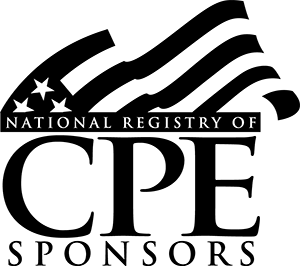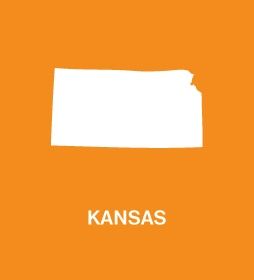CPE Requirements
Kansas
Date of Last Revision: 5/2/2022
License Renewal Date
6/30 biennially based on certificate number (even number = even years; odd number = odd years)
CPE Reporting Period
7/1 to 6/30 biennially based on certificate number (even number = even years; odd number = odd years)
General Requirement
80 hours (with a minimum of 16 per year if a licensed municipal public accountant)
Ethics Requirement
2 hours in professional ethics relating to the practice of public accountancy
Other Subject Area Requirements
If a licensed municipal public accountant, 8 hours per year in municipal accounting and auditing
Credit Limitations
- College/University: 50% maximum
- Group Internet-Based: Programs must be from sponsors approved by NASBA's National Registry, the AICPA, or a state society.
- Instruction: 50% maximum.
- Personal Development Courses: 30% maximum.
- Self-Study: Programs must be from sponsors approved by NASBA's National Registry or QAS, the AICPA, or a state society.
Credit Calculation
- Instruction: Credit is equal to presentation plus preparation. Preparation is limited to two times presentation. Repeat instruction is only accepted if material is substantially changed.
- Partial Credit: Half credits are acceptable after the first hour.
- University/College: One semester hour equals 15 CPE hours; one quarter hour equals 10 CPE hours; non credit courses - each classroom hour will equal one qualifying hour.
Other State Policies
- Carryover: 20 hours maximum earned in excess of the 80 hour requirement may be carried forward into the next reporting period. Carryover hours cannot be used to satisfy the professional ethics requirement.
- Exemption: The board may exempt from the continuing education requirements an individual who holds a permit from another state if: (1) The permit holder has a principal place of business located outside the state of Kansas; (2) the permit holder verifies to the board's satisfaction that such person has met the continuing education requirements of the state in which the principal place of business is located; and (3) the board considers the continuing education requirements of the state in which the principal place of business is located to be substantially equivalent to those of Kansas.



Add a Comment
Recent Comments